
Recently, the e-sports industry in Korea has been grappling with DDoS attacks, causing disruptions in matches and practice time for teams. A Distributed Denial of Service (DDoS) attack is a malicious attempt to disrupt the normal traffic of a targeted server, service, or network by overwhelming it with a flood of Internet traffic.
The motives behind these attacks remain unclear, though some believe it's from online gamblers who are betting on the affected teams to lose.
One of the most affected events is 'LCK', the premier league for the popular online game 'League of Legends'. In matches held last February, the games were interrupted by DDoS attacks. A Best of 3 match, typically lasting about 2 hours, unexpectedly extended over 6 hours and 40 minutes due to the DDoS attacks. Due to the lengthy delays, matches were then forced to be played without spectators in the crowd. In response, the organizers set up their own offline servers and managed to restore normal match operations within a month. Despite these fixes, the disruption had a significant impact, particularly on some teams like T1, which were heavily affected.
"It's really frustrating for both the players and the fans," said Lee Sang Hyeok, also known as Faker, who is the GOAT (Greatest Of All Time) of LoL and from T1, the team that won last year's 'League of Legends World Championship.' He continued, "While other teams could practice, we couldn't access the solo rank games, which significantly impacted our performance."
Reports indicate that the T1 members faced immediate DDoS attacks whenever they attempted to queue up for solo play, causing disconnections and preventing proper practice. The problem persisted during scrimmages (5v5 practices against other professional teams), leading to further DDoS disruptions and practice issues. As a result of these constant attacks, some teams became reluctant to scrimmage against T1.
Kim Hee Joong, a security expert, explained, "During a DDoS attack, the normal traffic in a server or network increases causing congestion akin to a traffic jam, as if thousands of cars are suddenly sent onto a small two-lane road."
Initially, the attacks were observed targeting game streamers broadcasting online. The security expert continued, "Most streamers and broadcasters use standard household internet, which at best provides a two-lane or four-lane road. From a hacker's perspective, filling these lanes with traffic is much easier."
Not only 'League of Legends' but also other popular games have started experiencing DDoS attacks. However, details about the attackers, such as their motives, nationality, and location, have remained elusive.
Riot Games, the company behind 'League of Legends', is conducting its own investigation and has also requested a police investigation. Riot Games stated, "While initially we had suspected the attacks might be linked to private gambling, recent incidents suggest that the motives are closer to pure malice. It also seems like a demonstration of the attackers' capabilities."
 SHARE
SHARE


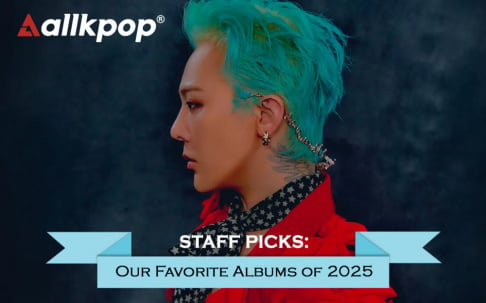
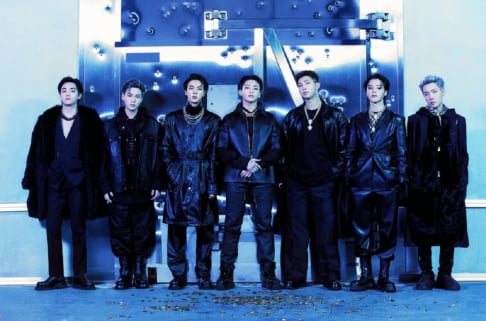









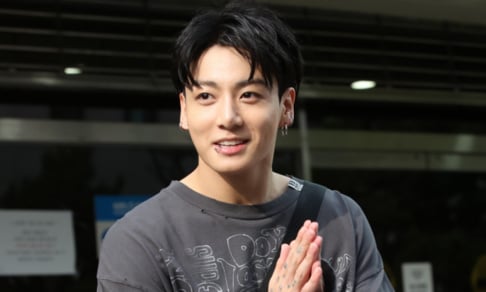
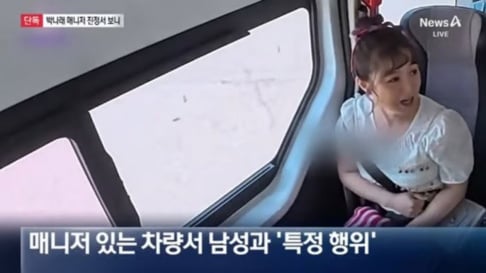

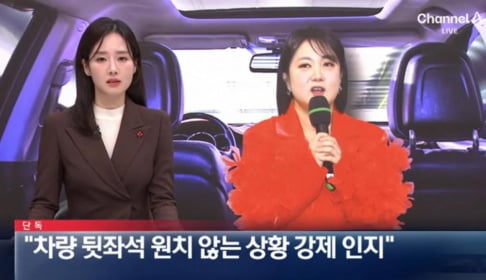

















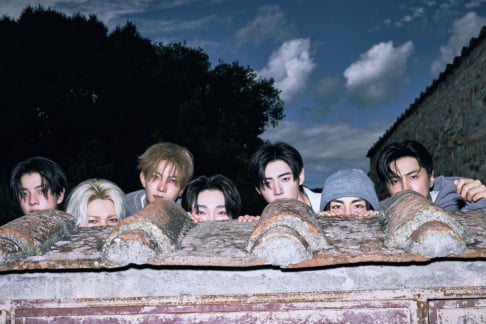







This sounds incredibly frustrating. The problem must be worse for T1 now, after their very high profile world victory. Attacks of this scale and consistency point to the hackers having many resources -- an institutional level of disruption, not some random angry dude acting alone. I hope LOL are able to ramp up defenses soon, to get back to an even playing field. T1 deserve the same practice and play time as everyone else!